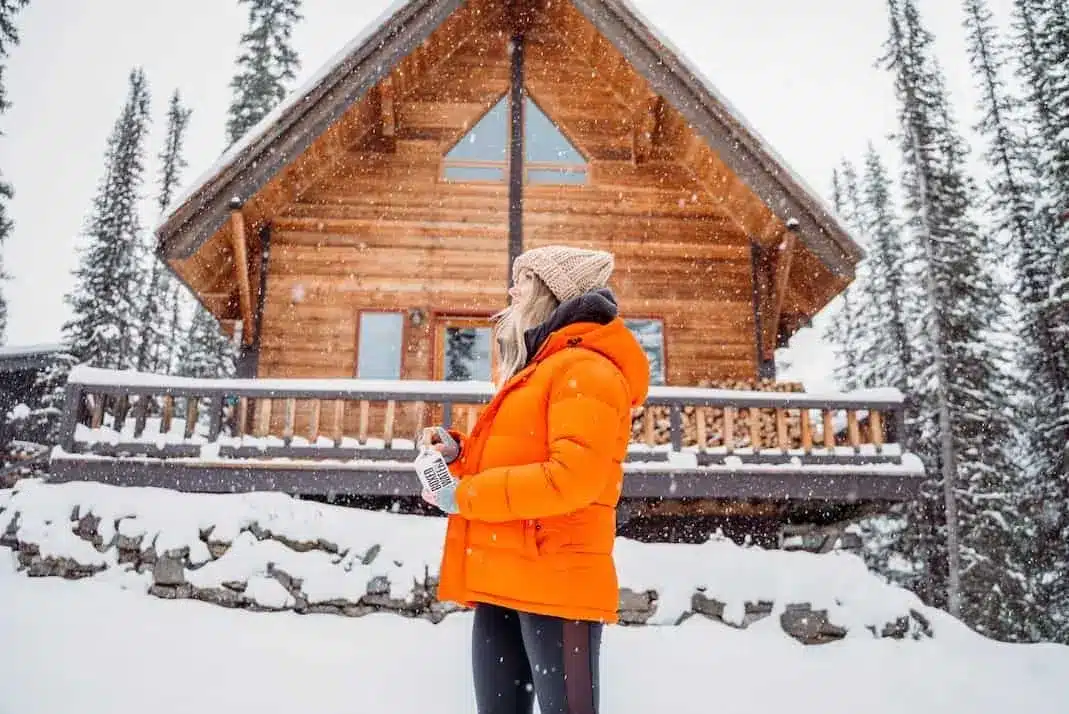Holidays are a time of celebration, but they can also be a stressful time for someone after alcohol treatment. The holidays often mean lots of socializing with family and friends, and this can lead to feelings of loneliness if you aren’t able to participate in all of the festivities. If you have just finished an alcohol or drug treatment program or are in recovery from addiction, then it is important to plan ahead for the holiday season so that you don’t relapse.
Holiday Stress Can Lead to Relapse
The holidays are supposed to be spent with family and friends, but for many of those going through recovery from alcoholism or addiction, this can be the most difficult time of year. Many factors can exacerbate holiday stress and contribute to relapse, including trying to make amends with estranged relatives. Watching over your loved ones when you have no control over their choices is another source of stress. Even just keeping up with everything else in life while managing your recovery can contribute to a relapse. Remember, though, that relapse is not failure; it’s part of the process!
While some people may associate holiday stress with binge drinking, others may fall into substance abuse because they want something that feels good instead of dealing with their negative feelings. Others may turn to alcohol as a way of coping with the pressures associated with being home during this time. No matter what, it’s okay to be struggling with navigating your first holiday sober after treatment.
It’s Okay to Say No to Plans
It is important to know that it’s okay to say no to plans when it comes to holiday gatherings. When you’re coming up for air after battling addiction, socializing can be tough, especially during the holiday season. You may not feel ready to go out and party with friends and family who drink socially.
Even if they don’t drink around you, they might want to do things like go bar hopping or hang out at a party where there’s lots of drinking happening. That can feel uncomfortable or unsafe. You also might not want to spend time with family members who drank excessively while you were growing up. Bad memories could come flooding back and make it hard for you to enjoy yourself. Don’t feel bad about having other plans instead. You can always join them on a FaceTime or video chat call and do so from the comfort of your home.
Sober Activities Can Help Combat Relapse
Going through the holidays sober can be a challenge. There are so many temptations, like drinking at parties and hanging out with old friends who drink alcohol. You might worry that you won’t have fun without drinking. But if you keep busy and do things that make you happy, the holidays will go by much faster than if you sit around feeling sorry for yourself. Try not to worry about what others think about your sobriety; it’s better to find your own way to join in than to sit around feeling lonely when everyone else is out partying.
Stay Connected
You can handle your sobriety during the holidays the same way as any other day. Instead of spending time in self-pity, get out there and spend time with people who care about you. Don’t isolate yourself by avoiding places where alcohol is served just because these places aren’t easy to be around while sober.
Participate in Activities
There are plenty of ways to enjoy yourself without drinking. Go hiking or camping. Cook healthy meals. Volunteer somewhere. Read books or magazines. Attend lectures, workshops, or seminars. Watch movies at home together as a family unit instead of going out to see them in theaters. Take walks together as couples/families on beautiful days outside when it’s nice weather. Sometimes it seems like everyone else has disappeared into their own world except for those who are still recovering from alcoholism, but these activities will help combat that loneliness.
Take Time for Yourself
Taking time for yourself is important, and this can be especially true during the holiday season, as many people spend more time with family and friends than at any other time of year. It may seem like a non-stop whirlwind of social events, which is why it’s so important to take time for yourself.
In fact, many treatment centers recommend that you avoid large gatherings altogether during your first year of recovery. This is because these events are often rife with triggers for those who have become dependent on alcohol or drugs. If you do plan on spending time with family and friends during this season, make sure that you set boundaries ahead of time about how much interaction you want to share with others over the course of each day or evening.
For example, if one person asks another person about their drinking habits, which is common at holiday parties, you might decide not to engage in these types of discussions. Instead, just change the topic by asking them about themselves!
This holiday season, be sure to take time for yourself and celebrate all of your victories. While the holidays can be an exciting time of year, they can also be stressful if you have recently completed alcohol rehab. Luckily, there are many ways to keep yourself on track with recovery during this time of year. If you find yourself relapsing or struggling with cravings during this time period, remember that it’s okay to say no to plans with friends who drink. If you or someone you know is struggling with alcohol or drug addiction, please reach out to us. We here at Villa Oasis San Diego can help you combat this disease. Give us a call at (619) 373-9792.




